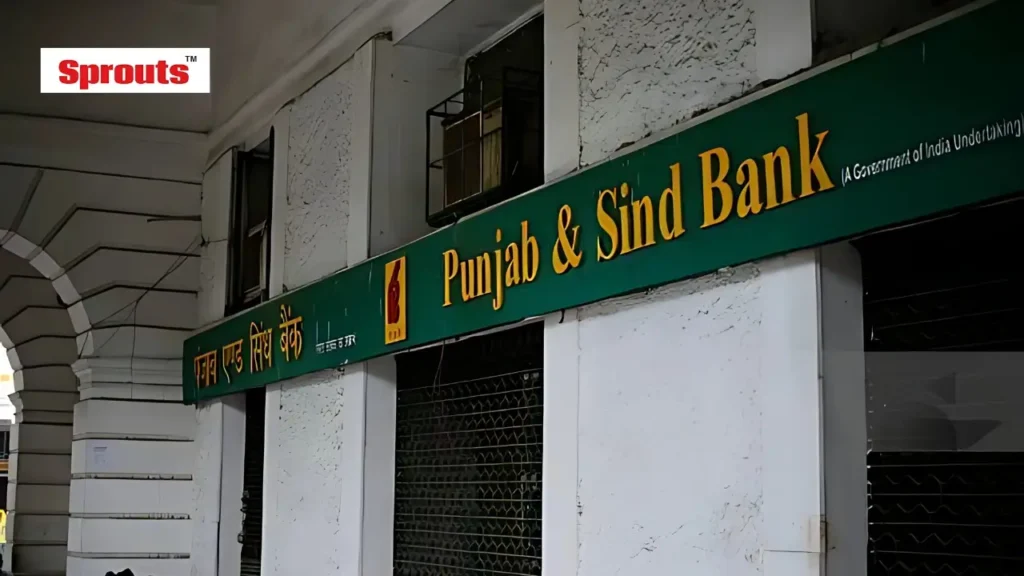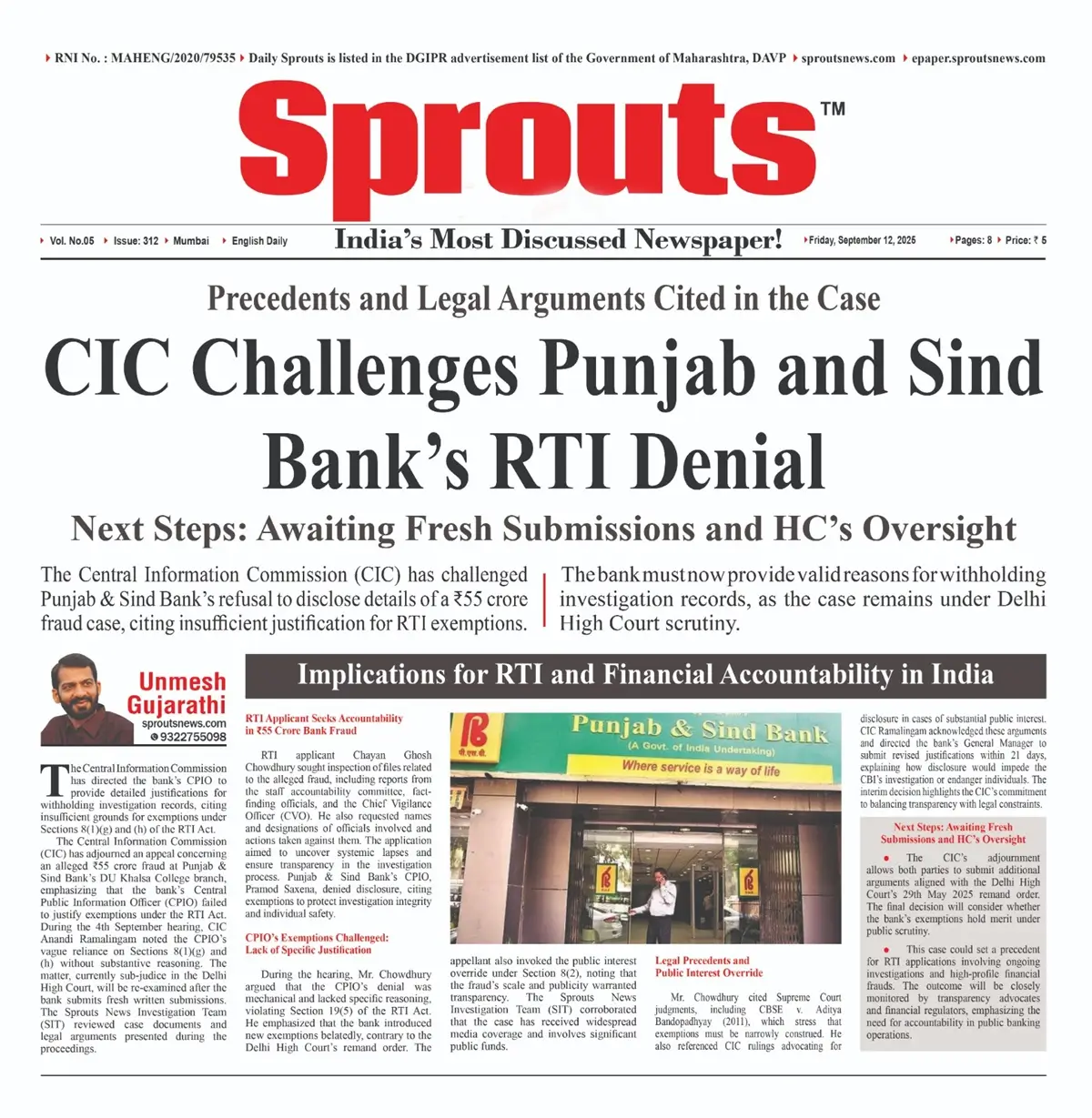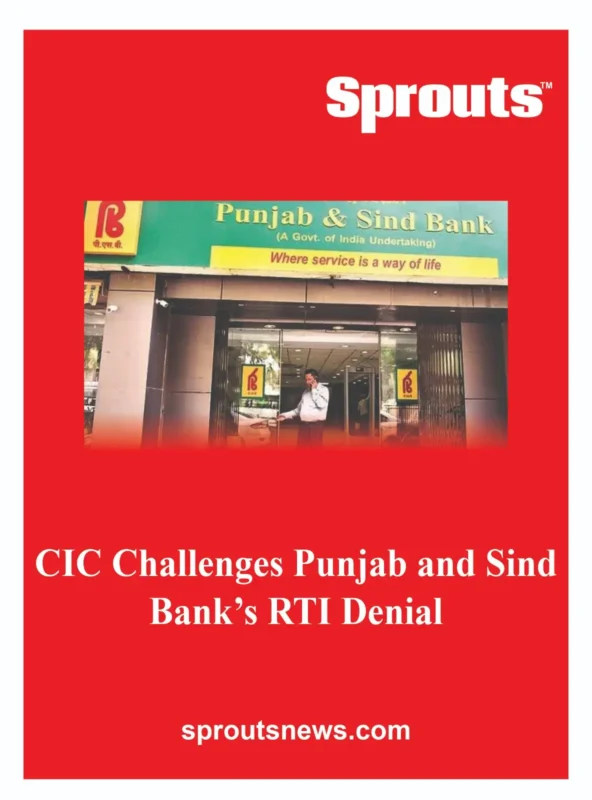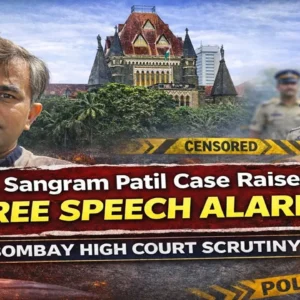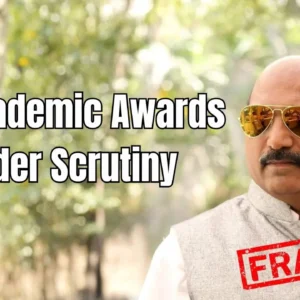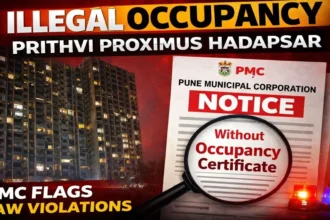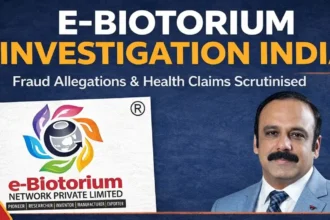CIC Challenges Punjab and Sind Bank’s RTI Denial
• Precedents and Legal Arguments Cited in the Case
• Next Steps: Awaiting Fresh Submissions and HC’s Oversight
• Implications for RTI and Financial Accountability in India
The Central Information Commission (CIC) has challenged Punjab & Sind Bank’s refusal to disclose details of a ₹55 crore fraud case, citing insufficient justification for RTI exemptions. The bank must now provide valid reasons for withholding investigation records, as the case remains under Delhi High Court scrutiny.
- CIC Challenges Punjab and Sind Bank’s RTI Denial
- • Precedents and Legal Arguments Cited in the Case
- • Next Steps: Awaiting Fresh Submissions and HC’s Oversight
- • Implications for RTI and Financial Accountability in India
- RTI Applicant Seeks Accountability in ₹55 Crore Bank Fraud
- CPIO’s Exemptions Challenged: Lack of Specific Justification
- Legal Precedents and Public Interest Override
- Next Steps: Awaiting Fresh Submissions and HC’s Oversight
The Central Information Commission has directed the bank’s CPIO to provide detailed justifications for withholding investigation records, citing insufficient grounds for exemptions under Sections 8(1)(g) and (h) of the RTI Act.
The Central Information Commission (CIC) has adjourned an appeal concerning an alleged ₹55 crore fraud at Punjab & Sind Bank’s DU Khalsa College branch, emphasizing that the bank’s Central Public Information Officer (CPIO) failed to justify exemptions under the RTI Act. During the 4th September hearing, CIC Anandi Ramalingam noted the CPIO’s vague reliance on Sections 8(1)(g) and (h) without substantive reasoning. The matter, currently sub-judice in the Delhi High Court, will be re-examined after the bank submits fresh written submissions. The Sprouts News Investigation Team (SIT) reviewed case documents and legal arguments presented during the proceedings.
Click Here To Download the News Attachment
RTI Applicant Seeks Accountability in ₹55 Crore Bank Fraud
RTI applicant Chayan Ghosh Chowdhury sought inspection of files related to the alleged fraud, including reports from the staff accountability committee, fact-finding officials, and the Chief Vigilance Officer (CVO). He also requested names and designations of officials involved and actions taken against them. The application aimed to uncover systemic lapses and ensure transparency in the investigation process. Punjab & Sind Bank’s CPIO, Pramod Saxena, denied disclosure, citing exemptions to protect investigation integrity and individual safety.
CPIO’s Exemptions Challenged: Lack of Specific Justification
During the hearing, Mr. Chowdhury argued that the CPIO’s denial was mechanical and lacked specific reasoning, violating Section 19(5) of the RTI Act. He emphasized that the bank introduced new exemptions belatedly, contrary to the Delhi High Court’s remand order. The appellant also invoked the public interest override under Section 8(2), noting that the fraud’s scale and publicity warranted transparency. The Sprouts News Investigation Team (SIT) corroborated that the case has received widespread media coverage and involves significant public funds.
Legal Precedents and Public Interest Override
Mr. Chowdhury cited Supreme Court judgments, including CBSE v. Aditya Bandopadhyay (2011), which stress that exemptions must be narrowly construed. He also referenced CIC rulings advocating for disclosure in cases of substantial public interest. CIC Ramalingam acknowledged these arguments and directed the bank’s General Manager to submit revised justifications within 21 days, explaining how disclosure would impede the CBI’s investigation or endanger individuals. The interim decision highlights the CIC’s commitment to balancing transparency with legal constraints.
Also Read: Sprouts SIT Exposes DMER Scandal With Exclusive IAS Affidavit.
Next Steps: Awaiting Fresh Submissions and HC’s Oversight
The CIC’s adjournment allows both parties to submit additional arguments aligned with the Delhi High Court’s 29th May 2025 remand order. The final decision will consider whether the bank’s exemptions hold merit under public scrutiny. This case could set a precedent for RTI applications involving ongoing investigations and high-profile financial frauds. The outcome will be closely monitored by transparency advocates and financial regulators, emphasizing the need for accountability in public banking operations.


